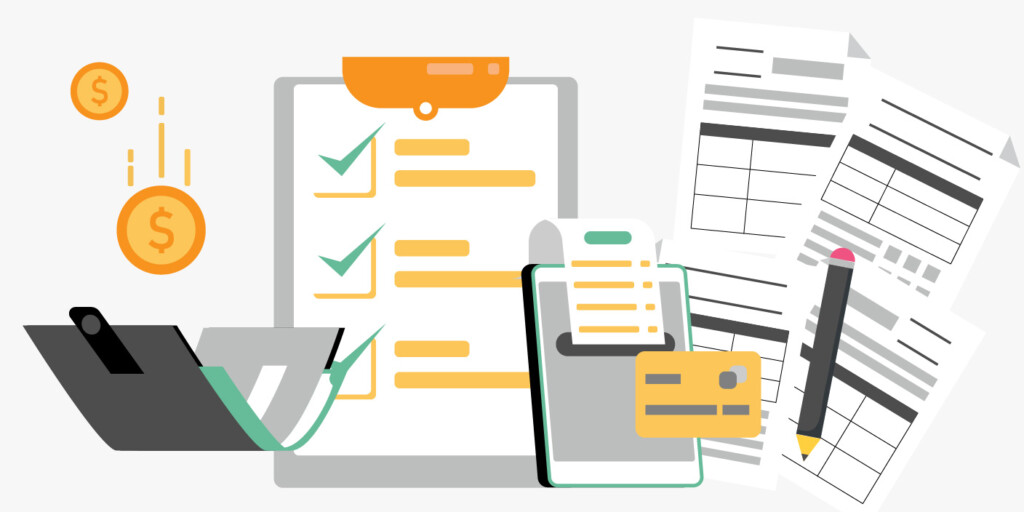

Not everyone knows how to handle their money. If you have bad financial habits, New Year’s Eve is the time to break them.
Here is a rundown of ways to declutter your finances and make room for good financial decisions.
Step 1. Review and pay your bills

You probably have some payments to make before the end of the month – rent or mortgage, utilities, auto loan, etc. Check your statements to make sure there are no mistakes or duplicates. If everything checks out, pay any outstanding bills that you can afford.
The less debt you have coming into a new year, the less weight you’ll feel on your shoulders.
Step 2. Audit and automate recurring payments
With your big payments out of the way, it’s time to address smaller ones. If not audited, your subscriptions can add to make a noticeable dent in your expenses. Go through your services, apps, and other regular payments and cancel the ones you don’t need. At least consider downgrading.
Automate payments that make the cut, like internet and/or cable bills.
Step 3. Organize your financial clutter

Gather all your documents into one place – bills, receipts, loan paperwork, tax statements, and whatever other papers you have. Sort them by category and file them into their respective folder. This way, you’ll create a system to store your financial information for the past year (and all past years) close at hand.

Step 4. Figure out your financial responsibilities
How much money should you set aside for your expected future expenses? Act as if this amount is locked up with no way to access it. Alternatively, commit to putting this money into an actual savings account with strict withdrawal limits.
Anticipating your financial needs is the foundation for creating or updating your budget, which should be next on your agenda.
Step 5. Revisit your budget

There are life events that require you to revisit your budget, such as a pay increase or cut, marital status changes, moving, etc. If you haven’t had one this year, consider the beginning of a new year as one of these life events.
Subtract your fixed expenses and variable expenses from your monthly income. If you have a big holiday shopping spree or a family vacation coming up, perhaps you should cut your budget for February and March.
Step 6. Top up the emergency fund
Commit to an emergency fund with a 3-6-9 guideline for the next year:
- 3 months of living expenses if are a single adult with no children
- 6 months of living expenses if you have a family and/or a mortgage
- 9 months of living expenses if you are self-employed
If you don’t have an emergency, this is your wake-up call.
Step 7. Plan a year ahead (minimum)
Mark your calendar and financial planner with what you already know about for next year, and map out your goals. Decide which direction to go before the year starts and where you want to be by the end of it.
Starting a clean financial slate can be overwhelming, so you don’t have to complete all the steps in a day. Pick one or two a day and go from there.








